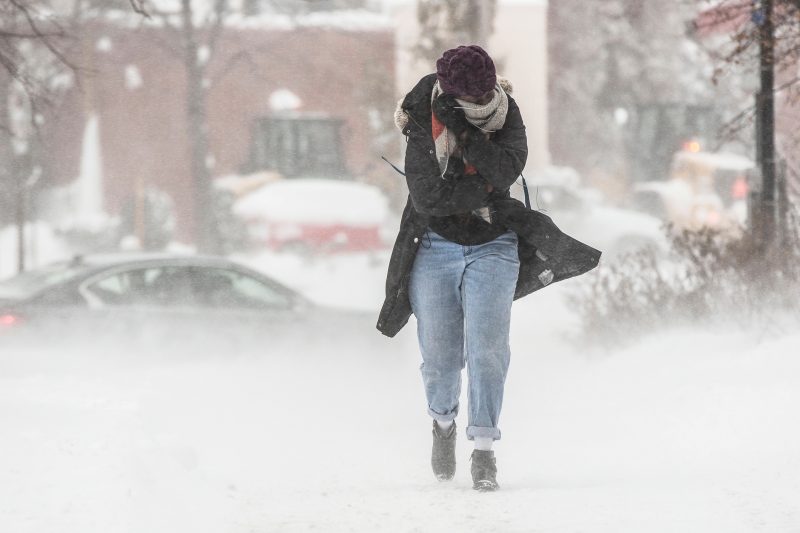The City is moving forward with a revised version of London’s winter response to homelessness plan, but with several factors still unknown.

During Tuesday night’s council meeting, councillors voted unanimously to approve the plan which will provide 100 short and long-term beds for those experiencing homelessness in the City of London.
The revised plan will cost just over $1.32 million, with all of the costs being covered by the Federal Reaching Home Program and the Provincial Social Services Relief Funding.
However, there will be several changes to locations from what was initially proposed, namely the removal of Canadian Mental Health Association Thames Valley Addiction & Mental Health Services’ stabilization space.
The space would have provided up to 10 temporary beds for people experiencing homelessness, giving them access to clinical experts and mental health supports.
“Due to the nature of the Stabilization Space program, leadership at CMHA TVAMHS determined that the building at 371 Hamilton Road was not appropriate to provide the care individuals accessing it would need and deserve,” said a statement from CMHA to Global News.
A spokesperson for the CMHA TVAMHA said they will continue to support individuals struggling with homelessness in London with their own existing programs.
- ‘Shock and disbelief’ after Manitoba school trustee’s Indigenous comments
- Several baby products have been recalled by Health Canada. Here’s the list
- Canadian food banks are on the brink: ‘This is not a sustainable situation’
- Invasive strep: ‘Don’t wait’ to seek care, N.S. woman warns on long road to recovery
“We believe a Stabilization Space requires a site that can offer individuals an opportunity to rest and recover from an incident, should that be through a shower, peace and quiet, privacy, or connection with trained specialists.”
This year’s plan calls for discreet winter shelters set up at the city’s River Road and Fanshawe golf courses, allowing for a stay of seven days to four months, while staff work to help get people permanently housed.
The city is still working with Atlohsa Family Healing Services on the new location of the Indigenous-led response after the River Road Golf Course clubhouse was burned down.
What has now been deemed arson by London police has left the site unusable due to the damage and safety concerns.
“While the City of London Housing Stability Services department has been working quickly and creatively with Atlohsa to find answers and a way to propel an Indigenous-led winter response forward, this is not enough to stop the violence,” a statement from Atlohsa said Tuesday.
“The fire at river road has significantly impacted our ability to provide the Indigenous-led winter response at that location,” said Kevin Dickins, deputy city manager of social and health development.
“We respect (Atlohsa’s) decision that plans no longer feels safe or welcoming for them to provide the Indigenous-led response.”
Dickins noted that Atlohsa has been in talks with a community partner on using a new location for the program and news of that should come in the next day or so.
“In the very near future we should have a finalized agreement and finalized location for the delivery (of) Indigenous-led response which will be appropriate to the intentions of Atlohsa, and it will provide adequate spaces for a land-based response,” Dickins said.
The final unknown for the plan that is two weeks away from launching is where the 40 temporary overnight drop-in beds will be located. The City had initially stated those would be located at the downtown YMCA but later issued a correction that the location had not been finalized.
Not unlike the other plans, Dickins said an official location was in the final stage of being approved.
“This winter response is very different, fundamentally different from last year’s response,” Dickens noted.
The Fanshawe Golf course will be the site of the city’s second discrete shelter model, with Dickins stating the focus will be on trying to get everyone who passes through its doors to leave with permanent housing.









Comments